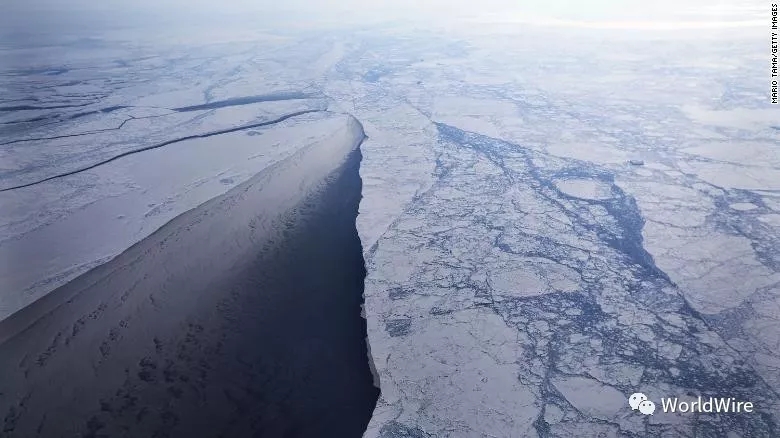|
CO2 Levels at Highest for 3 Million Years
Source: cnn.com The last time carbon dioxide levels were this high, Greenland was mostly green, sea levels were up to 20 meters higher and trees grew on Antarctica, according to scientists who warned this week that there is more CO2 in our atmosphere today than in the past three million years. Using a new computer simulation, researchers at the Potsdam Institute for Climate Impact Research (PIK), in Germany, found that the last time the earth's atmosphere had a CO2 concentration as high as today's was during the Pliocene epoch, the geological period 2.6-5.3 million years ago. CO2 emissions from human activities are the leading cause of climate change. The amount of CO2 in the atmosphere today is "unnatural", lead-author Matteo Willeit told CNN. Willeit said that according to the simulation CO2 levels should not be higher than 280 parts per million (ppm) without human activity, but that they are currently 410 ppm and rising. Global mean temperatures are rising much faster than any time since the Pliocene, Willeit added. In that time they have never exceeded pre-industrial levels by more than 2°C, but current models show that temperatures will rise by 4°C between 2000 and 2100 if steps are not taken to slash emissions, he said. Into unknown territoryWilleit said rising CO2 levels are pushing earth beyond any climatic conditions ever experienced by humans. If CO2 levels and temperatures continue to rise, "our planet will change" and sea levels will rise by one or two meters in the next 200 years, he added. This research isn't the first to suggest that today's CO2 levels are the highest since the Pliocene, but the Potsdam researchers say their work is the first to combine ocean-floor sediment data with analysis of past ice volumes, and is more sophisticated than other model studies. Scientists at a Royal Meteorological Society meeting on the climate of the Pliocene in London on Wednesday discussed how sedimentary records and plant fossils from near Antarctica show that during the Pliocene epoch Arctic summer temperatures were 14°C higher than today. Professor Martin Siegert from Imperial College London, speaking at the event, said the findings offered a view of the earth's future if drastic steps are not taken to address global warming. |


